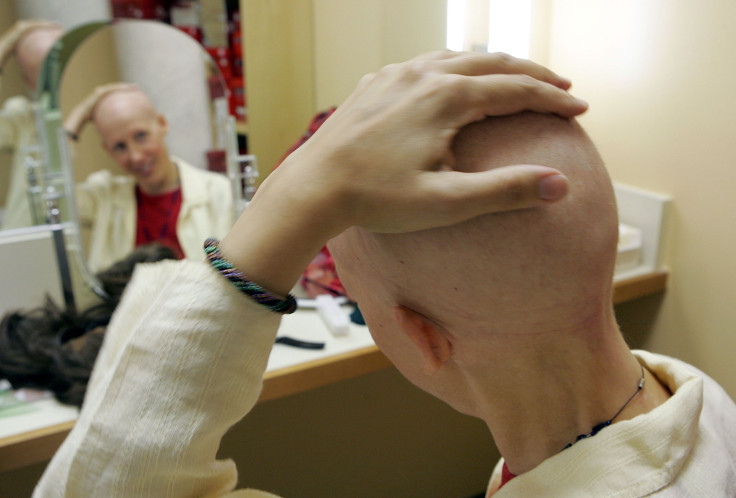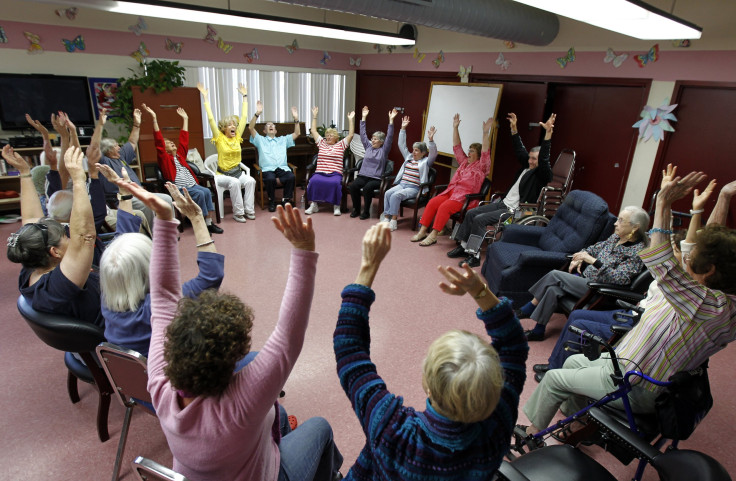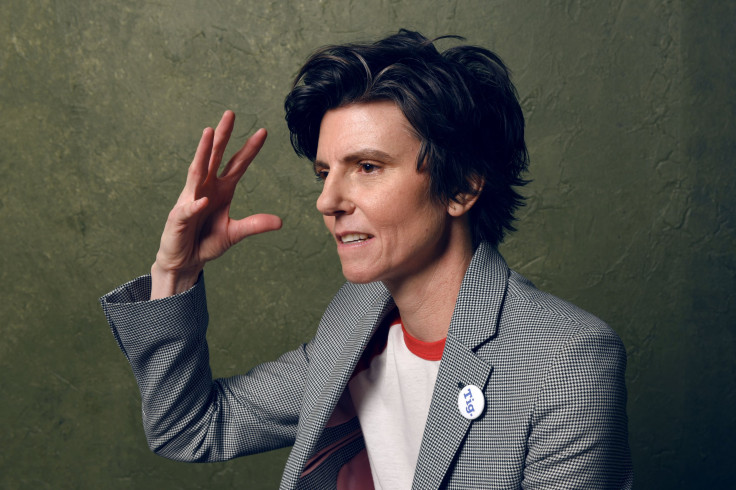Breast Cancer And Humor: Inspirational Survivors Who Laughed Through Their Fight Against Disease

When someone is diagnosed with breast cancer, they often start looking at life as a glass half empty. But more than often, we see some survivors who adopt several useful mechanisms to combat the illness; one of which is — humor.
A lot of cancer patients have taken to humor to poke fun at cancer and its consequences that affects their physical appearances with rapid weight reduction, hair loss, failure of cognitive abilities and so on. Some claim that the humor also lets them address the fearful, sensitive and embarrassing experiences they go through during their struggle with the illness, hence diminishing their psychological impacts.
There are both physiological as well as psychological benefits of humor in cancer patients. While on one hand, laughter lowers blood pressure and boosts the immune system, on the other, it also reduces stress and triggers endorphins in the brain, the Breast Cancer Site reported.
Health writer for Fred Hutchinson Cancer Research Center and breast cancer patient advocate, Diane Mapes, is a cancer survivor herself and recognizes the significance of humor in her articles and essays about cancer survivorship. She had also frequently talked about how she went from being "a confused, angry, sobbing mess” when she was initially diagnosed with Stage 3 invasive lobular breast cancer in February 2011 to focusing on the humorous side of things when her treatment began.
“…using humor to deal with dark episodes in life, like being diagnosed with a deadly disease, is definitely an effective coping mechanism for me and many others. It was not my go-to when I was first diagnosed — that was along the lines of shock, tears, grilled cheese sandwiches and running — but I started taking potshots at cancer and everything associated with the disease (bad hospital gowns, platitudes about my ‘cancer journey,’ etc.) soon thereafter. Using humor helps to diminish cancer’s power and the fear that comes with it,” Mapes told International Business Times, Thursday.

Read: Michael Bublé Makes First Public Appearance Since Son Noah’s Cancer Diagnosis
Mapes goes on to say that hopelessness is natural among cancer patients upon diagnosis especially for those diagnosed with metastatic or stage 4 cancer, where the disease has spread to other organs of the body and patients are in treatment until they die. Some negativity is only normal for them, she said. But humor, connecting with other 'metsters' and keeping up on the latest cancer research can help keep spirits up.
As for Mapes, "knowledge, outreach, advocacy, humor, writing, relationships, exercise, new research and a well-deserved glass of red wine at the end of the day keep me healthy and hopeful.”
Similarly, cartoonist and breast cancer survivor Kate Matthews told Huffington Post in January 2013 that there might not be a lot of things which are categorically funny about cancer, but “whenever I need to feel lifted away from the fear, horror, and pain of breast cancer, humor is the first place I turn.”
Matthews has also published a book called “The Little Pink Book of (Mostly) Cancer Cartoons,” where she uses her artistic skills to evoke laughter. Although the compilations of her cartoons are intended to make light of several aspects of the disease, she said that she did not exclude the morbid undertones that came with it.
“They still seem funny to me, and even though some of it was dark, I didn’t eliminate the dark stuff.”

Director of Digital Engagement at Marine Corps, Mark Fayloga, started a YouTube video series called “F--- Cancer” after he was diagnosed with Hodgkin’s lymphoma.
Even thought dark humor therapy is something that many of the cancer survivors have found helpful, it is not for everyone. Even the ones who have started using humor to fight the negativity that comes with the disease took a fair amount of time to get used to it. “Tragedy plus time equals comedy,” Mapes said on cancer and humor.
Read: Glyphosate, Popular Weed Killer Roundup Ingredient, Declared Potentially Cancerous
“You sometimes need time to pass — weeks, months, even years — before you can joke about extremely painful things. It’s just too close to the bone. And even when you reach the point where you can joke about your pain, you may need additional time to pass before somebody else can joke about it. Much like our DNA and our tumor biology, our sense of humor varies depending on the individual,” Mapes told IBT.
Standup comedian Tig Notaro never stopped entertaining people even after being diagnosed with breast cancer in 2012. Instead of giving up on life, Tig channeled all of her frustration into coming up with a comedy skit that has since become iconic.

She opened a comic act at Largo Theater in Los Angeles in August 2012 with: “Good evening. Hello, I have cancer. How are you?” While the audience was not sure whether Tig was serious or just pulling their legs, they understood the irony soon enough, the Air Space reported.
But there are those who shy away from making light of their medical condition or even acknowledging it publicly in some cases. Cancer patients, who choose to turn to humor as a defense mechanism, do so only when they are ready. For “laughter gives us distance. It allows us to step back from an event, deal with it and then move on,” said stand-up comedian Bob Newhart.
© Copyright IBTimes 2025. All rights reserved.






















